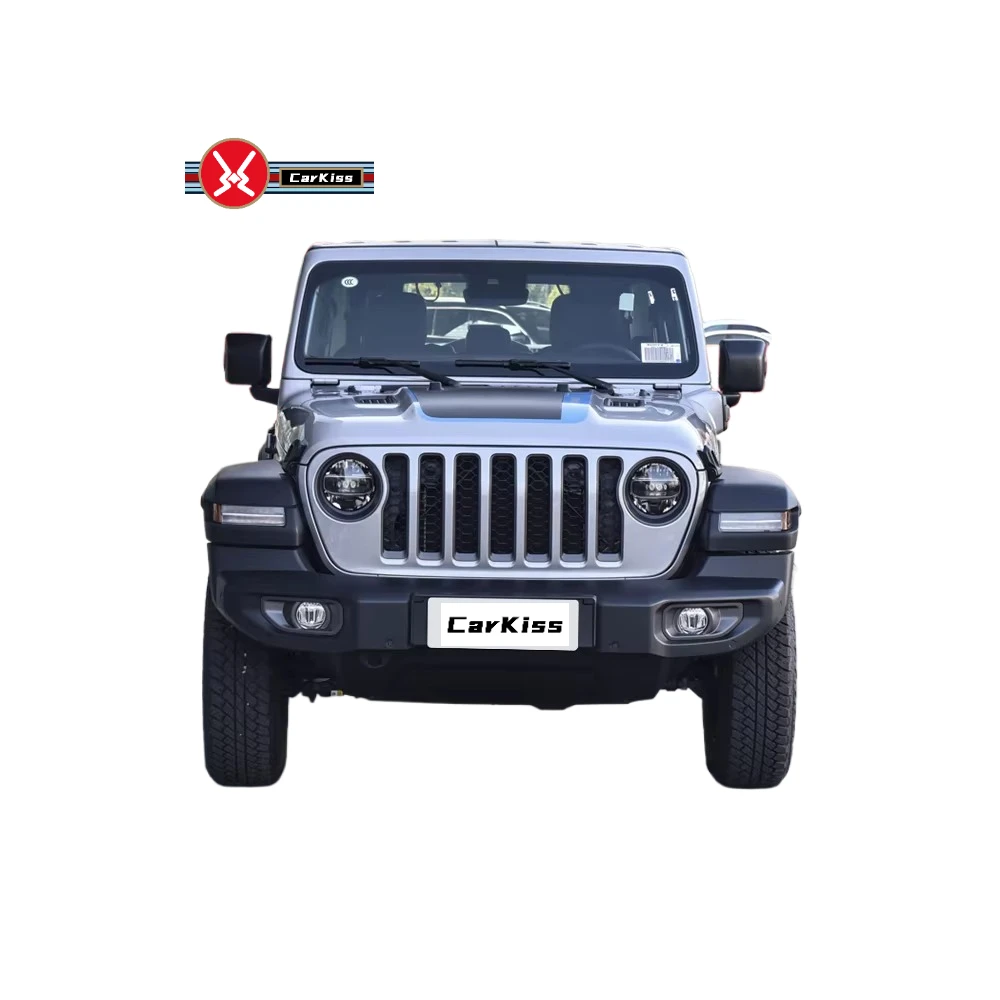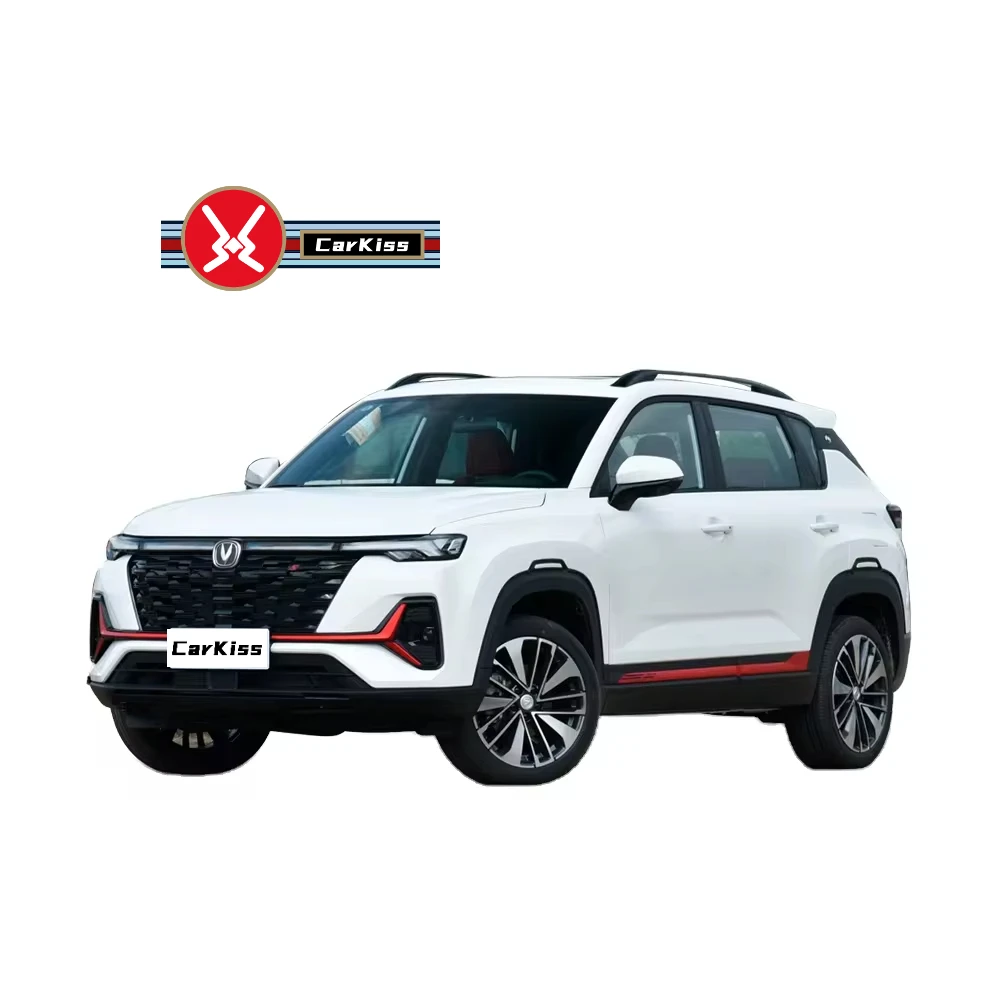Emerging markets, especially those in Asia and Africa, are experiencing a notable rise in demand for used cars. This surge is primarily driven by increasing disposable incomes among consumers in these regions. The International Organization of Motor Vehicle Manufacturers (OICA) has reported that used car sales percentages are expected to rise significantly, partly due to government incentives and evolving economic policies that make vehicle acquisition more accessible. As these markets mature, more individuals are opting for affordable used cars, which represent a practical alternative to new vehicles.
Importing used cars presents significant economic benefits for importing countries by reducing the financial burden on consumers compared to purchasing new vehicles. This trend not only saves money for buyers but also stimulates economic growth through increased tax revenue generated from automotive sales. According to the World Bank, countries with a robust used car import market often display better economic resilience during financial downturns. The importation of used vehicles enhances transportation accessibility and supports local economies, facilitating cheaper mobility solutions and diversified economic activities.
Japanese used cars continue to command high demand globally due to their renowned reliability and well-maintained condition, which bolsters Japan's strong export market. Similarly, China is expanding its influence in the used car export sector through its burgeoning automotive manufacturing capabilities. Data from the Japan Automobile Manufacturers Association shows a 25% increase in Japanese used car exports over the past year, with Chinese markets demonstrating significant appetite for these vehicles. This growth highlights the strategic importance of maintaining high-quality standards in exports to meet the expectations of international buyers.
Aging car fleets pose a significant threat to the environment, primarily due to their inability to meet modern emission standards. Older vehicles tend to emit higher levels of pollutants, contributing heavily to air pollution in regions with large numbers of aging fleets. This is compounded by studies showing increases in the average vehicle age in many importing countries, leading to higher emissions overall. Environmental advocacy groups are calling for stricter regulations and policies to manage the presence of older vehicles in these markets. Addressing this issue is crucial for reducing the environmental footprint of global used car exports.
Non-compliant vehicles introduce considerable safety risks, endangering both drivers and the public. The National Highway Traffic Safety Administration (NHTSA) reports a worrying uptick in accidents involving imported used vehicles that fail to meet safety standards. This situation has prompted calls from safety advocates for more rigorous checks and balances to ensure used cars are safe before being shipped overseas. Implementing stricter compliance measures can help mitigate these safety risks, ensuring that used vehicles entering global markets adhere to all necessary safety standards.
Currency fluctuations and economic sanctions present significant challenges for the used car export industry. Changes in currency values can impact the affordability and profitability of exports, making it difficult for exporters to maintain stable pricing. Additionally, trade barriers hinder market accessibility, affecting the flow of goods and impacting global trade dynamics. The International Monetary Fund (IMF) provides data illustrating how these currency changes influence trade patterns, emphasizing the need for exporters to be agile in navigating these complexities. Addressing these barriers enables smoother trade operations and helps bolster the industry's global footprint.
Navigating the global landscape of emission standards presents considerable challenges for used car exporters. Each country has distinct emission criteria, which can significantly complicate the export process. For instance, a vehicle compliant in one country may not meet the environmental regulations of another. Adhering to these standards is not only essential to prevent fines but also crucial for ensuring the eligibility of vehicles for sale in foreign markets. Exporters must conduct thorough research into each market's specific guidelines. Understanding these requirements can impact overall export success, guiding the selection of suitable vehicles for target markets.
Hybrid and electric vehicles are becoming increasingly popular, but they often come with their own unique set of customs regulations. It's crucial for exporters to understand these requirements as they seek to tap into the expanding eco-friendly vehicle market. Compliance with customs regulations for these vehicle types requires accessing resources from customs authorities, which provide essential guidelines for meeting international demands. By adhering to these regulations, exporters can ensure that hybrid and electric models are shipped efficiently and legally, thus minimizing setbacks and potential financial penalties.
Mexico, a significant player in the used car import market, has experienced shifts in its import policies, impacting how used cars are regulated. This evolving regulatory environment provides a valuable case study on the effects of policy changes. These shifts, highlighted by increased challenges and opportunities, demonstrate the need for exporters to remain adaptable. Analyzing Mexico's policy changes offers insights into strategic adjustments necessary to maintain competitiveness. Understanding these dynamics not only aids in navigating Mexico's market but also illuminates broader trends affecting global used car exports.
The Jeep Wrangler 4XE is making waves in the market due to its sustainable design and impressive off-road capabilities. This plug-in hybrid model addresses the rising consumer demand for eco-friendly vehicles, combining robust performance with lower emissions. In the last fiscal year, import data shows a significant uptick in the acquisition of this model across various international markets, reinforcing its position as a desirable choice for environmentally conscious buyers.

The Changan CS35 Plus is a favorite among cost-conscious buyers who want functionality without forgoing style. This compact SUV appeals to the current market trend for versatile, economic vehicles, boasting a sleek design suitable for urban settings. Its increasing popularity is reflected in rising import statistics globally, which indicate a growing preference for this model, especially in densely populated areas.

The Haval H6 Sport merges luxury and performance, becoming one of the most sought-after models in the global automobile trade. With its turbocharged engine and all-wheel-drive system, it caters to consumers craving high performance and reliability. Market research indicates a surge in popularity for turbocharged vehicles, aligning perfectly with the H6 Sport's offerings, ensuring its continued success in international markets.

The transition to electric vehicles (EVs) is gaining momentum in developing nations, transforming transportation systems to accommodate sustainable technologies. As consumer preferences shift towards eco-friendly options, economic projections forecast significant growth, driven by government incentives and supportive policies. These initiatives are not only reducing carbon footprints but are also fostering a new green economy in countries previously reliant on fossil fuels. Reports predict exponential investment in EV infrastructure over the next decade, signaling a pivotal change in global automotive trends. This transition represents a vital step forward for nations seeking to integrate into the global market and drive environmental improvement simultaneously.
The United Nations Environment Programme (UNEP) has pioneered initiatives aimed at maintaining quality standards for used vehicle exports, ensuring the adoption of sustainable practices within the industry. Compliance with UNEP guidelines enhances exporter reputations by guaranteeing environmental and safety standards are met, ultimately leading to cleaner fleets in recipient countries. Assessment studies indicate that conformity with these standards results in improved market acceptance and competitiveness for exporters. By adopting a harmonized set of minimum quality standards, UNEP and its partners aim to address the negative impacts associated with the trade of used vehicles, promoting sustainable development in various regions.
Advancements in logistics technology are revolutionizing the shipment of used cars, ensuring greater safety and efficiency during transit. Companies are increasingly employing automated solutions to track shipments, optimize routing, and comply with regulatory standards. This adoption of cutting-edge logistics innovations is integral in minimizing the risk of loss and damage, enhancing the safety of vehicle exports. Industry experts project that these technological improvements will lead to a marked reduction in losses during transit, bolstering confidence in the international trade of used cars. These innovations underscore a commitment to responsible practices and the optimization of global supply chains.
How to Navigate the Complexities of Automobile Export Regulations
ALLAre Used Car Exports the Solution to Global Transportation Needs?
Next Hot News
Hot News2024-07-18
2024-07-08
2024-07-08
Building 1, Unit 1, 7th Floor, Room 71068, No. 666 Shuangnan Avenue, Dongsheng Street, Shuangliu District, Chengdu City, Sichuan Province
Phone: +86- 18982769819
Email: sales@carkissgo.com
Sichuan Carkiss Automobile CO.,Ltd.
Copyright © 2024 by Sichuan Carkiss Automobile CO.,Ltd.Privacy Policy